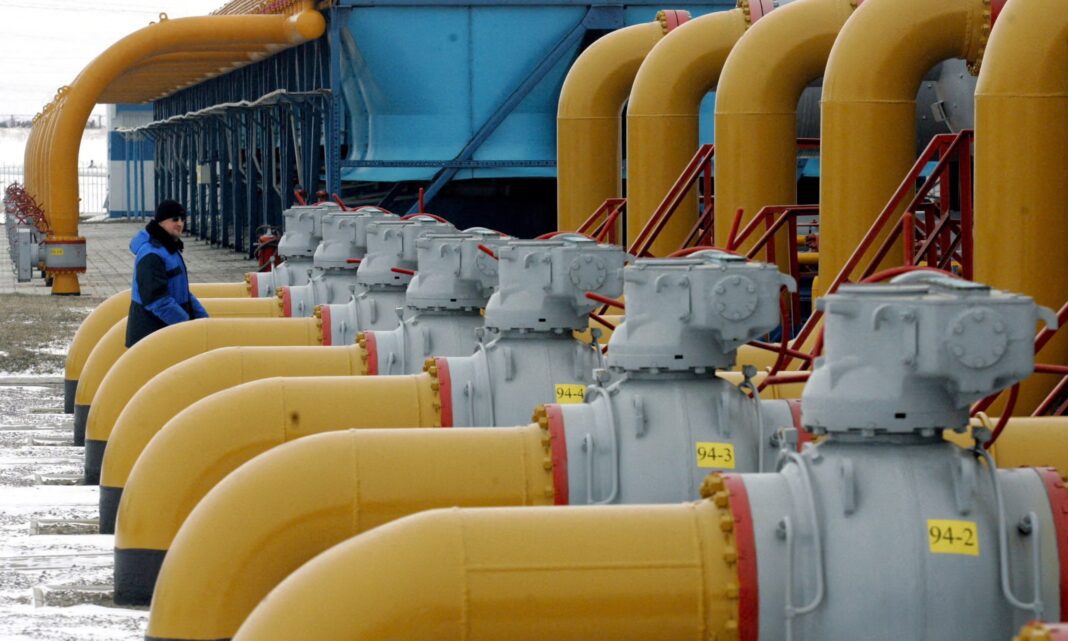Breakaway Region Faces Energy Crisis After Gas Supply Ends
The Transnistria region, a pro-Russian enclave in Moldova, has been thrown into a deep energy crisis. The cutoff of Russian gas supplies to the territory has forced almost all industries to halt operations. Only food producers are functioning, ensuring minimal food security for the region’s 450,000 residents.
What Triggered the Crisis?
Ukraine Halts Gas Transit
The crisis began when Ukraine ended a key gas transit agreement with Russia on January 1. This agreement had allowed Russian gas to flow through Ukrainian territory to central and eastern Europe. For nearly three years of war, Ukraine had continued the deal, earning $1 billion annually in transit fees. However, Kyiv refused to renew the agreement, citing ongoing tensions with Moscow.
Impact on European Gas Buyers
European nations like Slovakia and Austria had prepared for the shutdown by diversifying their gas supplies. They secured alternative sources from countries such as Norway and the United States. But Transnistria, which heavily relies on Russian support, has been left vulnerable.
Immediate Effects on Transnistria
Industries Come to a Standstill
The gas supply halt has hit Transnistria’s economy hard. Most industrial enterprises have ceased operations. Factories and production units across the region are idle, unable to continue without the essential energy source. Only food production facilities remain active, ensuring basic sustenance for residents.
Heating and Power Shortages
Households have lost access to heating and hot water. Local authorities have advised families to conserve warmth by gathering in single rooms, using curtains or blankets to insulate windows, and relying on electric heaters. The region’s power plant has switched to coal to generate electricity, but reserves are limited.
Gas Reserves Depleting Quickly
Transnistria’s gas reserves are running low. Northern areas have enough for 10 days of restricted usage, while southern areas might last 20 days. Without a resolution, critical energy shortages are imminent.
Broader Implications for Transnistria and Moldova
Dependence on Russian Gas
Russia previously supplied about 2 billion cubic meters of gas annually to Transnistria. The gas was crucial not only for the region but also for Moldova, as Transnistria’s power plant provided energy to the entire country
Moldova’s Shift to European Energy
Moldova has been reducing its reliance on Russian gas. The country is importing over 60% of its energy needs from neighboring Romania and implementing measures to cut energy consumption by one-third. These efforts align with Moldova’s ambitions to join the European Union, further straining its relationship with Moscow.
Offers of Assistance and Regional Tensions
Moldova’s Support for Transnistria
Moldova’s national gas company, Moldovagaz, has offered to help the separatist region by purchasing gas from European suppliers. This gesture could ease shortages in the enclave, but political challenges remain.
Longstanding Disputes with Russia
Transnistria’s energy crisis highlights the region’s vulnerability. The enclave, which split from Moldova in the 1990s, relies on Russian military and economic support. Tensions between Moldova and Russia over gas payments and geopolitical alignments have exacerbated the situation.
Preparing for a Harsh Winter
Authorities in Transnistria are scrambling to manage the crisis. Coal-powered electricity generation has been initiated to ensure power for residents during January and February. However, this is a temporary solution, and industrial recovery remains uncertain.
The gas shutdown underscores Transnistria’s precarious position. As Moldova aligns itself more closely with the EU, the breakaway region faces isolation. Its heavy dependence on Russia makes it susceptible to geopolitical shifts, leaving its economy and citizens vulnerable.
Future Outlook
The energy crisis in Transnistria is a stark reminder of the region’s fragile state. Without immediate solutions, the shutdown of Russian gas could cause long-term economic and social disruption. As gas reserves dwindle and industries collapse, the breakaway enclave faces a bleak winter.

